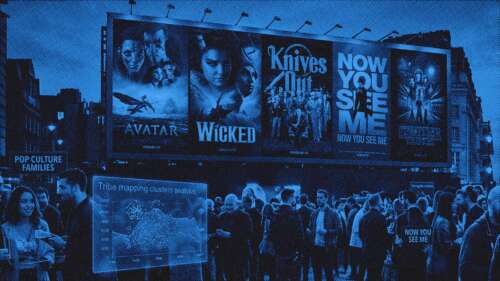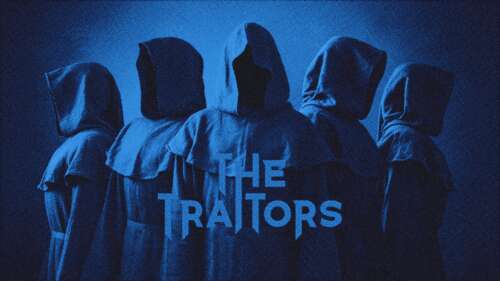With B Corp gaining speed as a global movement thanks to high-profile adopters of the certification, such as Ben & Jerry’s and Patagonia, it’s natural to wonder what effect this has had on the market. Does B Corp certification drive sales? Which audiences favour B Corporations? With these questions in mind, we set our sights on 10 brands in the food and drink space, half of which were B Corps and the other half of which were not. Compiling the audiences of these brands under these two categories, we examined the tribes that emerged. Here are our findings:
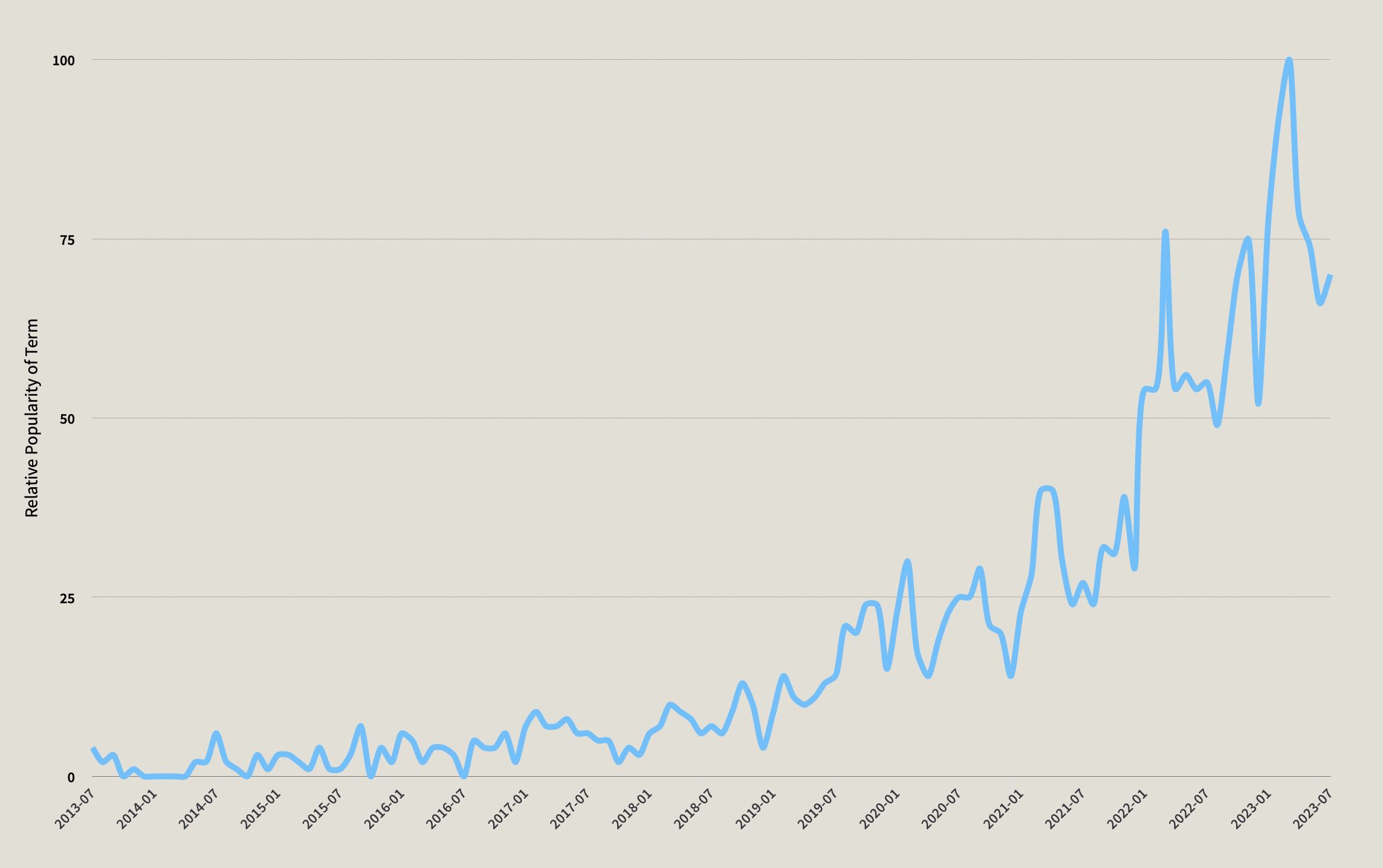
Though B Corp is finding its way into the broader consumer vocabulary, it’s not yet entirely naturalised. The audiences with which B Corporations are popular, comprise early adopters with a focus on and a passion for social and climate change activism. One such group is the Informed Progressives, an audience differentiated by its interest in social issues and environmentalism. Though not quite as numerous as the more mainstream segments in the study, the Informed Progressives are an incredibly important group; their trendsetting nature and social reach mean they’re often quick to spread ideas.
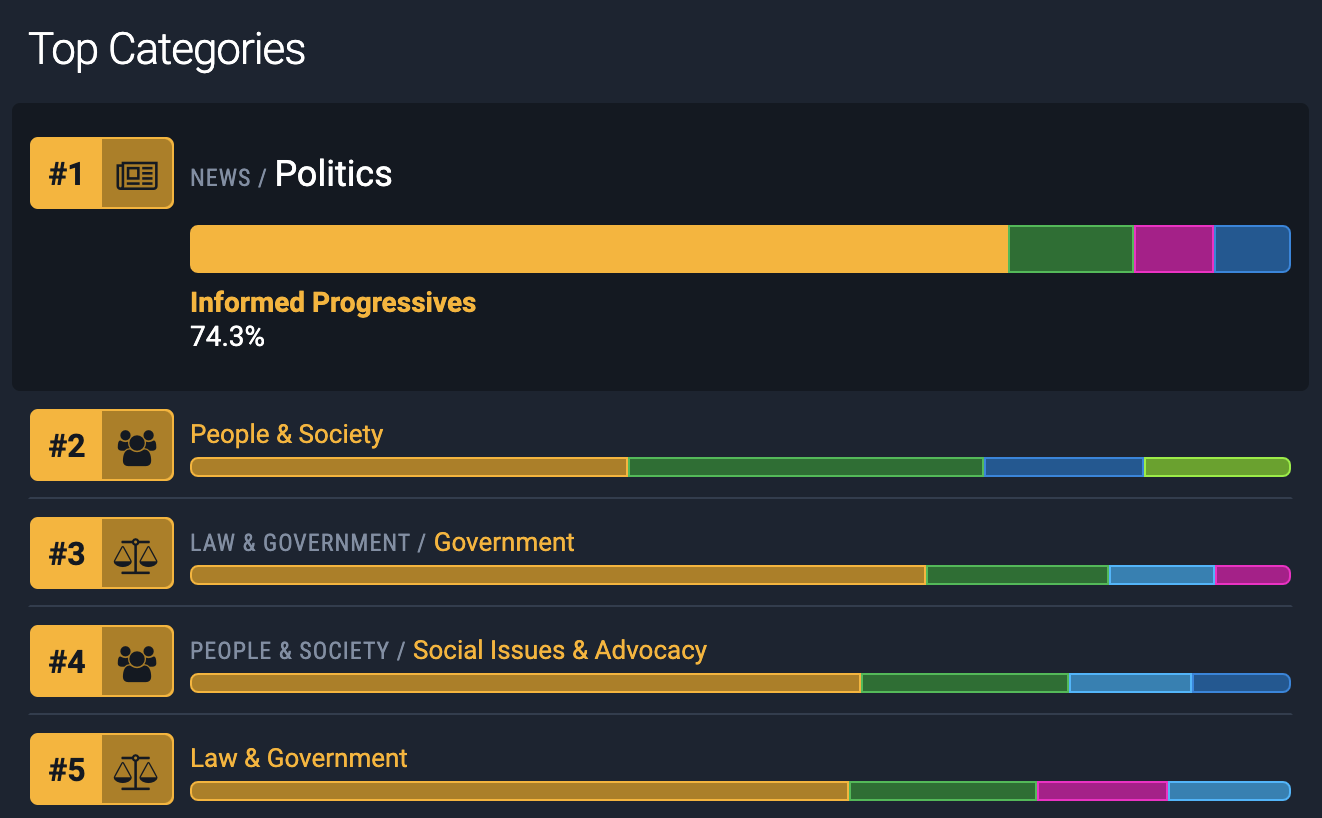
Large audience segments like the Mainstream Consumers, which represents general supermarket shoppers, and the Household Foodie Moms, who buy for their families, still favour non-B Corp brands. This is likely due to factors like the higher price point of certified products, as well as narrower accessibility and smaller choice of B Corp brands.
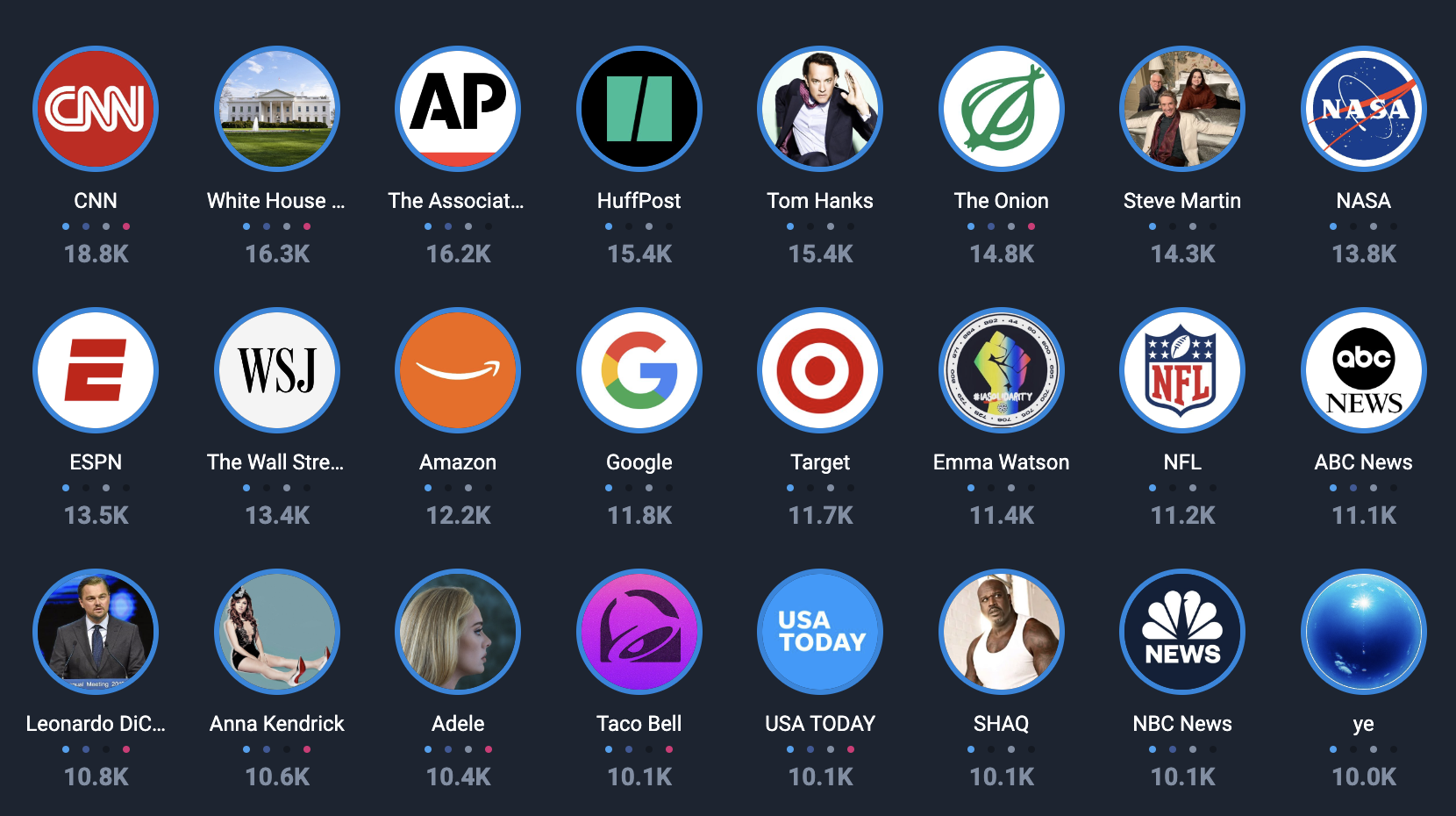
In our analysis of the US market, we also uncovered a geographic divide. More broadly progressive states, such as those on the pacific coast, favoured B Corps, while their southern counterparts showed more loyalty towards non-B Corp brands.
Contrary to what we initially expected, the Pop Culture Connoisseurs, a group of younger millennials with decidedly progressive leanings, did not display any particular affinity towards B Corp brands. This tells us that for this audience, factors like price and variety feature higher in terms of priorities than sustainability, demonstrating the complexity of the customer journey for each audience. Departures like this from our preconceived understanding of certain demographics can be common marketing pitfalls, but the Fifty platform helps us to see the full picture. Through our studies, we are able to access an ultra-granular view of audiences, allowing us to target with pinpoint accuracy and effectiveness.
In conclusion, it would appear that while B Corp isn’t yet entirely mainstream, with most conventional audiences opting for non-B Corp brands, whether a company is certified definitely influences purchasing decisions. Groups coalescing around innovation and progressive thought in particular clearly prioritise the B Corp in their spending, indicating that with sustainability so prevalent in the contemporary zeitgeist, the certification’s importance to consumers will likely continue to grow.
Drop us a line or visit our website to find out how you can better understand your audiences.




